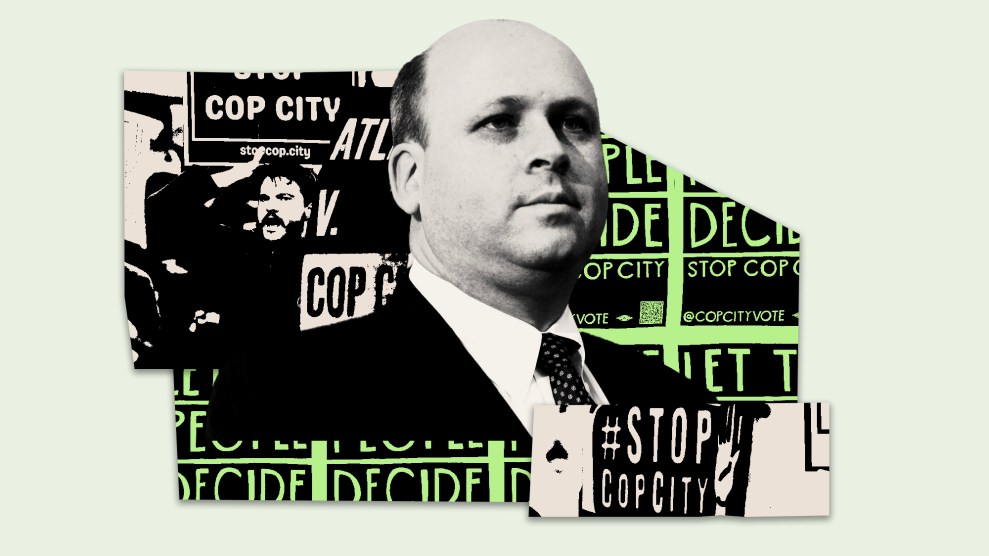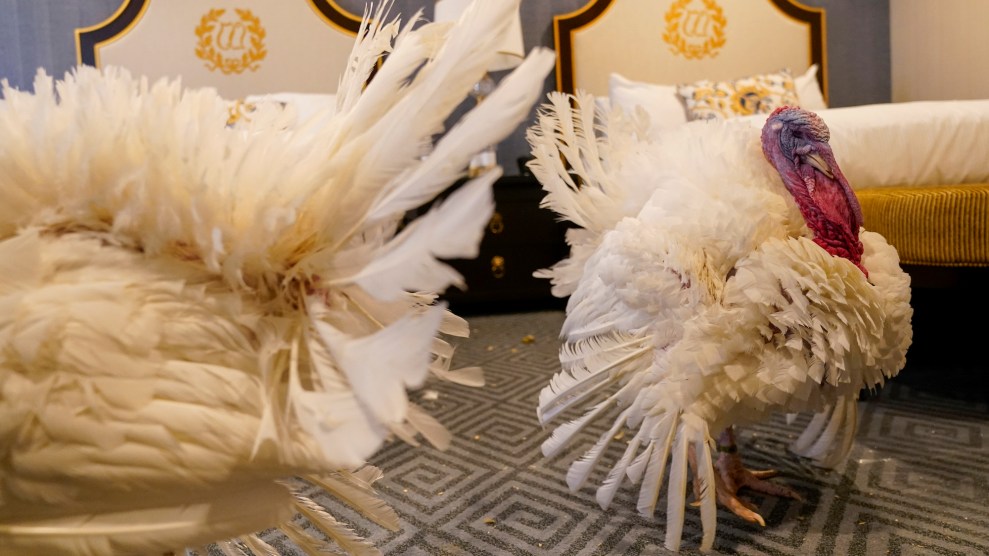In recent years, thousands of foster kids have been admitted to psychiatric facilities owned by health care giant Universal Health Services, according to a yearlong Mother Jones investigation. Sometimes, they leave far worse off than when they arrived.
While the investigation focuses on the story of Katrina Edwards, who spent years in UHS’s North Star Behavioral Health, in Anchorage, several former foster children in Alaska shared similar accounts. They talked about the violence, seclusion, and overmedication at UHS facilities, and of feeling abandoned by the Office of Children’s Services, the state’s child welfare agency.
Below, five former foster youth recount their experiences at North Star and another UHS center. (UHS couldn’t comment on the specific stories, but has denied similar allegations.) Their stories reflect claims made in pending lawsuits against UHS, and have been lightly edited for clarity.

Alexies Ezell
20 years old; at North Star three times between 2017 and 2019, totaling six months
“It was just really lonely. No one would call unless it was a court date. I felt really forgotten about. And when [OCS] would check in, it’d be just very brief, just like, ‘Oh, you’re okay? You’re still alive? Okay, well, we’re still looking for a placement.’”

Mateo Jaime
21 years old; at North Star for two months around 2018
“With North Star, once you’re there long enough, you want to be a juvenile delinquent. You want to cause trouble. Everything’s so gray. There’s no purpose to be there. Therapy’s once every two weeks—so-called therapy. During that time, they just want to send you to Nevada. They want to send you to Oklahoma, send you to California. It was this merry-go-round, merry-go-round.”

Nathon Pressley
26 years old; at North Star for eight stays from 2003 to 2011, totaling 14 months
By age 6, “they stick me with people that are [older]. I could say one wrong word and suddenly I had my face in the ground. So I started misbehaving as well. I would get angry at people keeping me there. I would tell adults to fuck off. I learned those words very quickly. That’s how the chain started. They would throw me into a cage and treat me like an animal. I would act like an animal in return, and they would keep on caging me.”

Abigail Redmon
19 years old; at North Star three times from 2016 to 2020, totaling roughly 3.5 months
“We weren’t supposed to bring bugs inside, but there was a small outside part with a basketball hoop. I used to go back there and lift up the mats and find worms. I found an inchworm one time, and I named him José. I tried to keep him alive as long as I could, sneaking pieces of broccoli and carrots in my clothes to bring upstairs. I also had a spider. His name was Mark. José and Mark, they were in styrofoam cups all the way in the back of the desk.”

Jyasia Batts
22 years old; at North Star an estimated 11 times and Texas NeuroRehab Center for two years starting in 2011
“There was this male [staffer at Texas NeuroRehab]—he slammed my head into the floor. And he put his elbow on the side of my face, just digging it in. It got to a point where I couldn’t breathe because he was putting so much pressure on me. After that, they put me in my room and told me I couldn’t come out. I was obviously hysterically crying. I was in pain. The fact that the bruises were so visible was traumatizing. That’s when OCS should have taken me out. But I stayed there. I remember [my caseworker’s] response was, ‘You just have a few more months and you will be discharged.’”














